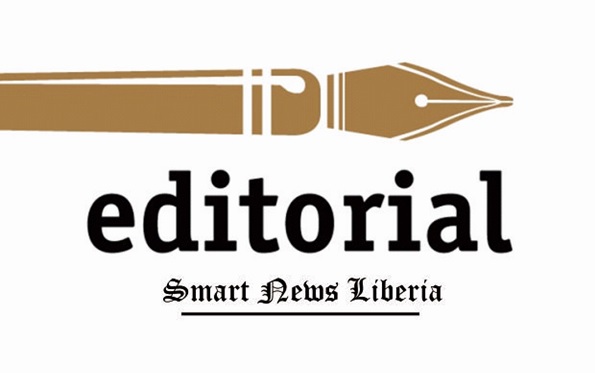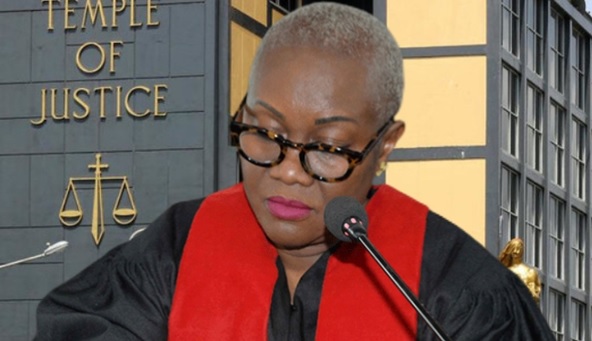A recent critique of the Joe Boakai government has brought to light significant concerns about the state of governance in Liberia. The assessment, independent of any specific individual, sheds light on crucial areas that demand immediate attention to prevent further decline.
The past six months under President Boakai’s leadership have been characterized by avoidable errors and a lack of effective governance. These shortcomings, outlined by various observers, highlight systemic issues that must be addressed to steer Liberia back on course.
Key among these concerns is the apparent absence of accountability within the government. Despite well-intentioned initiatives, there is a noticeable failure to adhere to proper processes, undermining the administration’s effectiveness.
Additionally, the continued practice of appointing individuals based on past precedents rather than merit poses a significant obstacle to progress. A more rigorous vetting process is necessary to ensure that qualified candidates occupy key positions.
Consistency in removing individuals from their posts based on legal grounds is also lacking, eroding public trust and confidence in the government’s ability to govern fairly and transparently. Clear job descriptions and the appointment of qualified, independent thinkers are imperative for restoring integrity to the executive mansion.
Furthermore, the importance of having competent individuals in key government roles cannot be overstated. Positions such as Minister of State and Secretary to the President play crucial roles in governance and must be filled by individuals with the requisite qualifications and integrity.
A particularly troubling issue is the perceived lack of interest in establishing a war crimes court. This indifference to justice and accountability undermines the administration’s legitimacy and raises doubts about its commitment to addressing past atrocities.
In light of these concerns, urgent action is needed to address governance shortcomings and restore public confidence in the government. President Boakai must prioritize reforms that promote accountability, transparency, and meritocracy in government appointments.
Failure to address these issues risks further deterioration of Liberia’s governance and could have far-reaching consequences for the country’s stability and development. The time for decisive action is now to ensure a brighter future for Liberia and its citizens.







